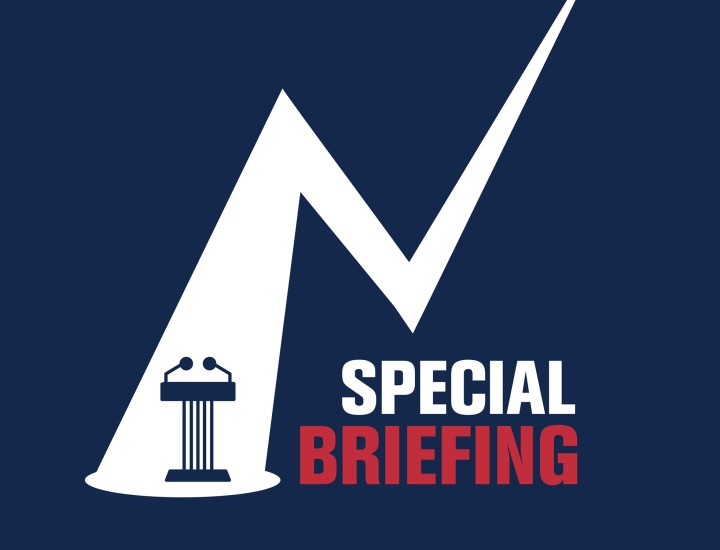In the Wake of Federal Budget Cuts, Volcker Alliance Report Warns of $1 Trillion Infrastructure Maintenance Gap
New Volcker Alliance Report Identifies Urgent Infrastructure Maintenance Gaps and Recommends Strategies to Close Them
New York, NY – The Volcker Alliance today released a series of new reports on the $1 trillion in aging public infrastructure that the United States must repair and replace. One paper, Meeting the Trillion-Dollar Challenge: Deferred Infrastructure Maintenance Practices Across Ten States, takes an in-depth look at varying approaches taken by ten states—Alaska, California, Hawaii, Idaho, Illinois, Massachusetts, Montana, Oklahoma, Pennsylvania, and Tennessee—that can serve as models for others that are beginning their efforts to address this critical issue.
As the White House and Congress reduce programs and funding that benefit all fifty states, the postponement of crucial repairs on publicly owned infrastructure will only exacerbate the challenges to other public services, such as education, transportation, and disaster prevention and mitigation. In partnership with the Hubert H. Humphrey School of Public Affairs at the University of Minnesota (UMN) and with support from the Pew Charitable Trusts, the reports explore the policies and methodologies for reporting, valuing, and funding deferred maintenance needs.
”There is no single approach to assessing or disclosing deferred maintenance across states,” said Camila Fonseca Sarmiento, director of fiscal research at the Institute for Urban and Regional Infrastructure Finance at the Humphrey School and the project’s chief researcher. “But there has been some progress made since our 2019 study, when we found only 23 states referring to deferred maintenance in their capital budgets. Our latest research shows that number has risen to 30 states. Unfortunately, there are still very few states that disclose their total deferred maintenance backlog.”
In addition to the ten state case studies, the project includes a comprehensive review of deferred infrastructure maintenance disclosure—or lack thereof—in capital budgets and centralized capital improvement plans across all fifty states. The reports recommend that states adopt more effective tools to establish or improve systems for identifying, managing, and funding deferred maintenance, practices that the study shows twenty states have yet to incorporate in their publicly available capital budgets.
“An important aspect of the project is to shine a light on what amounts to an enormous off-book liability for states, often obscured from the view of the public and municipal markets,” said Noah Winn-Ritzenberg, Volcker Alliance senior director of public finance. “We strongly encourage states to address this looming threat before it becomes a crisis.”
The project culminated in a tool kit that provides practical guidance for state officials working to institute or improve systems for identifying, managing, and funding deferred maintenance. Each component of the tool kit offers key actions and real examples drawn from the experiences of states analyzed in this project.
“States have been put on notice by the White House and Congress that they will have to fend more for themselves in areas that were long funded by federal dollars,” said William Glasgall, Volcker Alliance public finance adviser. “If the backlog of deferred maintenance continues to grow into the trillions of dollars, it may compromise the ability of states, counties, and cities to deliver critical services to their citizens. But our finding that some states appear to have taken this threat seriously is a hugely positive step.”
The reports were authored by Camila Fonseca Sarmiento, Director of Fiscal Research, Institute for Urban and Regional Infrastructure Finance (IURIF), Humphrey School of Public Affairs, University of Minnesota; Shreya Yashodhar, Research Assistant, Humphrey School of Public Affairs, University of Minnesota; and Jerry Zhao, Founder and Advisor, Institute for Urban and Regional Infrastructure Finance and Yangtze Chair Professor at Department of Urban Development & Management, Zhejiang University.
The full reports are available here.
###
Media Inquiries, please contact: [email protected] | 646-343-0155


